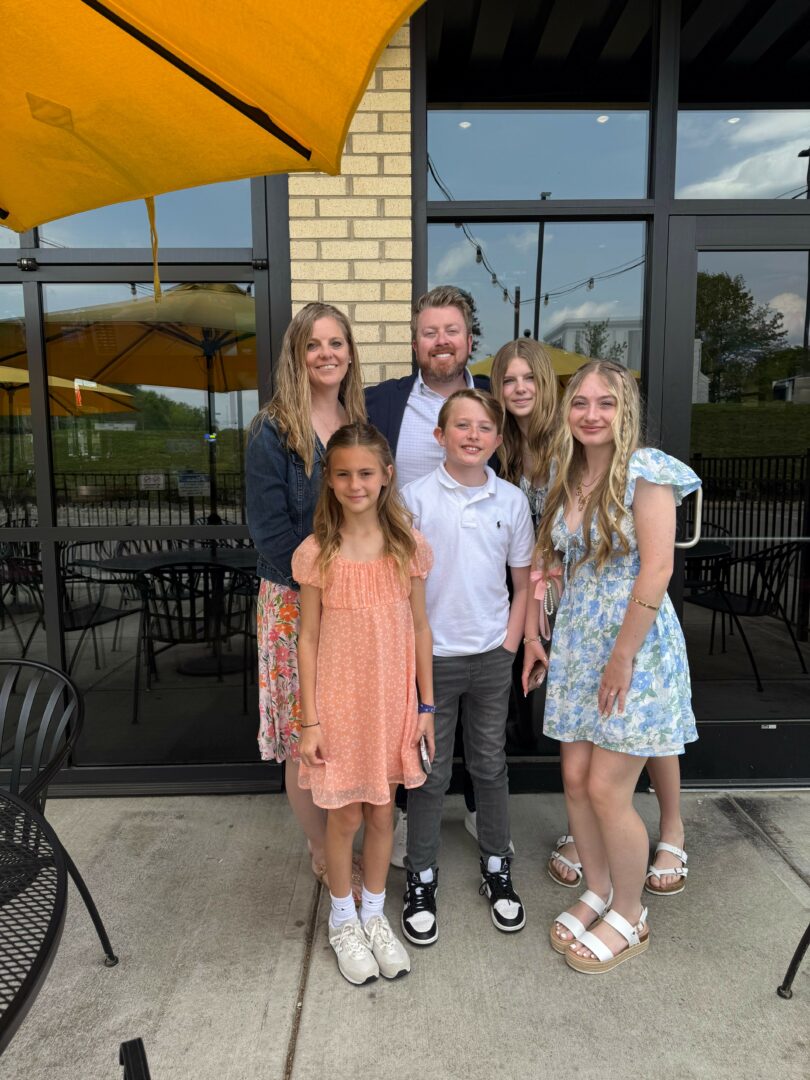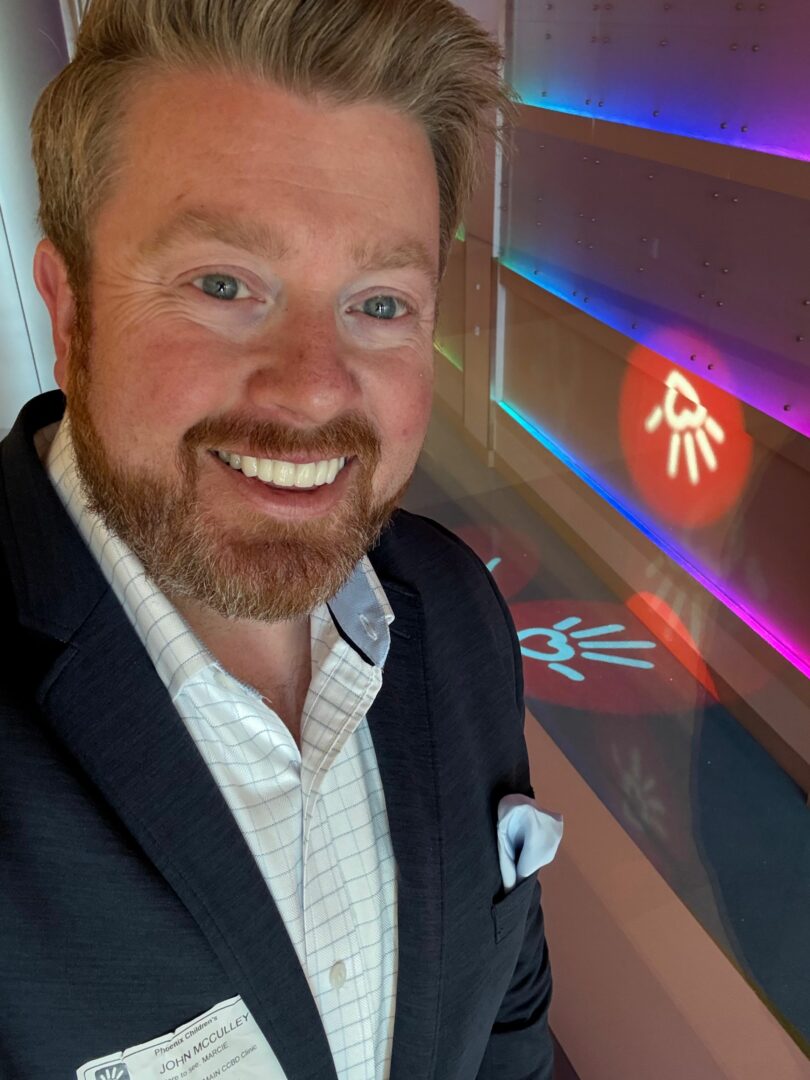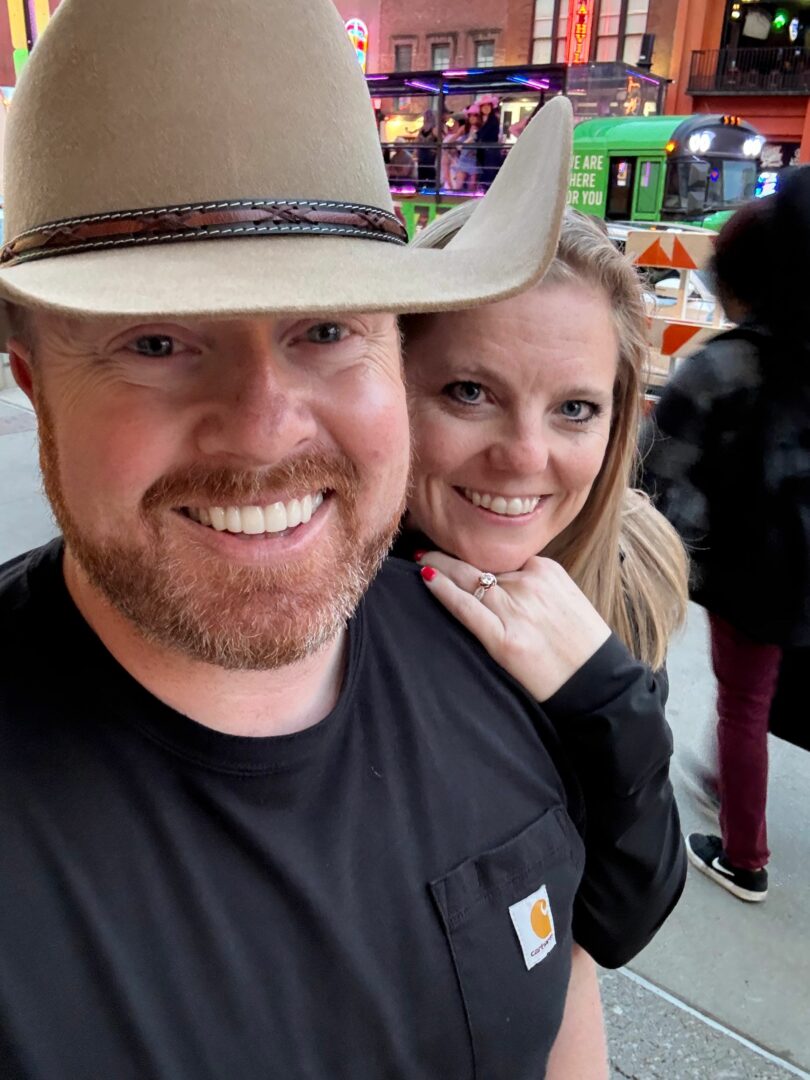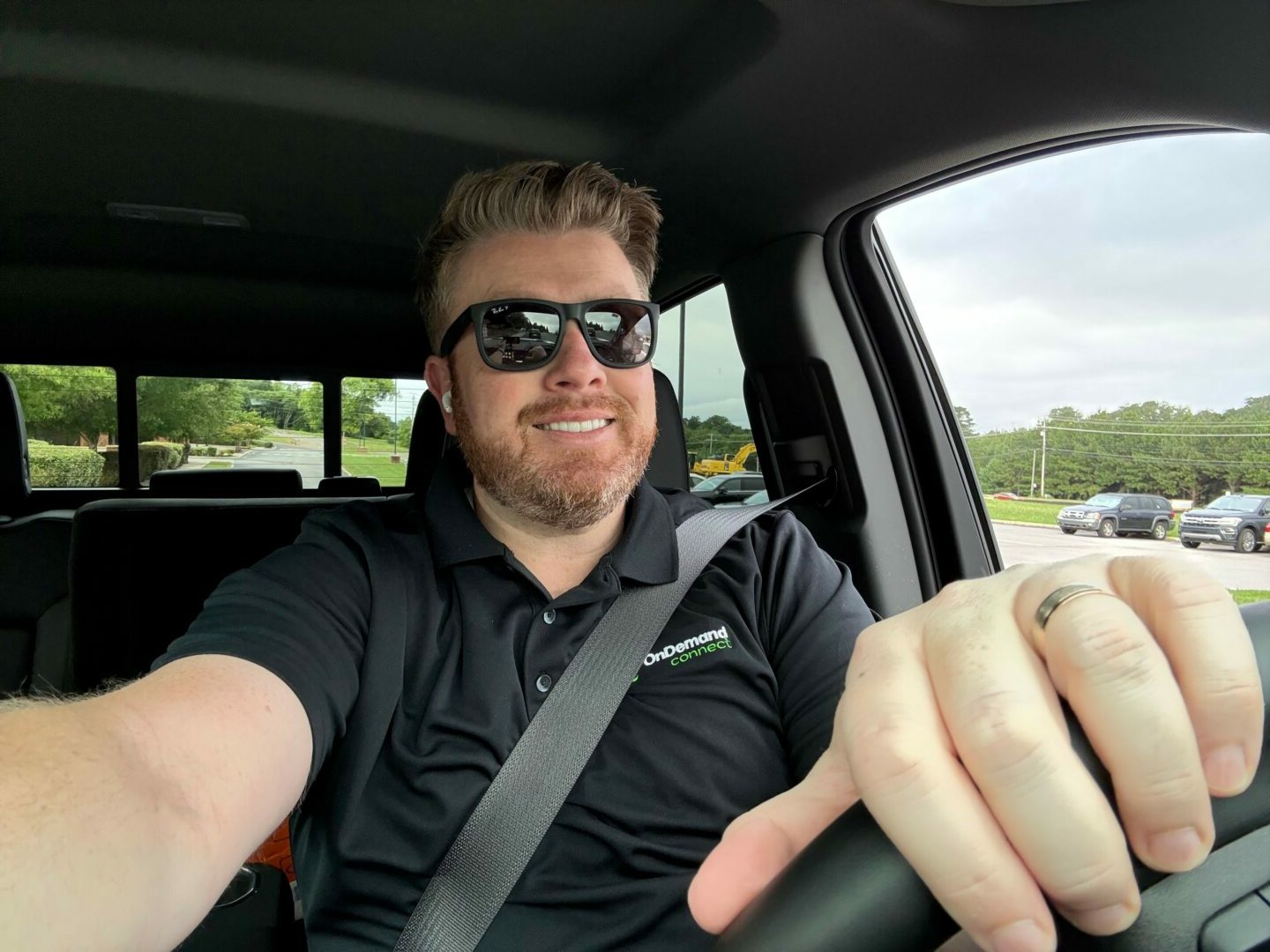We recently had the chance to connect with John McCulley and have shared our conversation below.
John, a huge thanks to you for investing the time to share your wisdom with those who are seeking it. We think it’s so important for us to share stories with our neighbors, friends and community because knowledge multiples when we share with each other. Let’s jump in: What makes you lose track of time—and find yourself again?
I lose track of time when I’m riding my Harley or when I’m deep in coding. Both give me a sense of freedom and focus—whether it’s the open road clearing my mind or the flow of solving a complex problem line by line. In both, I find myself fully present, re-centered, and energized. It’s where I disconnect from distractions and reconnect with myself.”
Can you briefly introduce yourself and share what makes you or your brand unique?
I’m John McCulley, VP of Operations at OnDemand Connect, where we build software that helps hospitals and health systems manage patient transportation more efficiently. I’ve been in technology since I was a kid—my dad brought home a computer when I was six, and I’ve been hooked on breaking, fixing, and coding ever since. That early passion grew into a career where I’ve spent years not only building products but also consulting with companies on leadership, software, and startups. I also speak on these topics, sharing what I’ve learned about scaling teams, shaping culture, and turning ideas into real businesses.
What makes our work at OnDemand Connect special is that it isn’t just about tech for tech’s sake—it’s about solving real problems in healthcare that directly impact people’s lives. That’s what drives me.
Outside of work, I’m a husband and dad to five incredible kids. Family keeps me grounded, and whether I’m riding my Harley or spending time with them, I find the balance that fuels both my life and my work.”
Appreciate your sharing that. Let’s talk about your life, growing up and some of topics and learnings around that. Who saw you clearly before you could see yourself?
My grandfather and my dad both saw me clearly before I could see myself. My Papaw was a World War II Army veteran who built and ran bars and restaurants in California before moving to Knoxville to help raise me. He carried himself with a quiet strength, and his belief in me gave me a foundation of confidence I didn’t yet have in myself.
My dad, a Marine, was my cornerstone. He spent hours teaching me how to work with my hands, how to fix things, and how to never shy away from hard work. From mechanics to life lessons, he showed me what discipline, grit, and responsibility look like. Between the two of them, I was shaped by men who believed in me early and instilled the values that still guide me as a father, leader, and builder today.
What have been the defining wounds of your life—and how have you healed them?
The defining wounds in my life have been tied to defeat, loss, and addiction in my family. Those kinds of struggles leave scars—you don’t walk away from them untouched. For a long time, they weighed heavy on me, but they also forced me to make choices about the kind of life I wanted to live and the kind of example I wanted to set for my own kids.
Healing has come through faith, through family, and through the work of building something meaningful. I’ve learned to turn pain into fuel—using the setbacks and losses as reminders of what matters most. They taught me resilience, empathy, and the importance of staying grounded. I don’t think you ever ‘erase’ wounds like that, but I’ve found healing by choosing to grow from them rather than be defined by them.
Next, maybe we can discuss some of your foundational philosophies and views? What are the biggest lies your industry tells itself?
One of the biggest lies in healthcare technology is that more software automatically means better care. The industry often convinces itself that layering on more tools, more dashboards, and more data is progress. In reality, many of those solutions create complexity, slow down care teams, and add to the very burnout we say we’re trying to fix.
Another lie is that healthcare is too complicated to be simple. I’ve seen over and over that if you put the patient and the end-user first—whether that’s a nurse, a dispatcher, or a family member—you can design solutions that are powerful and still easy to use. The industry likes to pretend that red tape or complexity justifies clunky systems, but the truth is: simplicity takes more discipline and intention, and that’s what actually drives better outcomes.
Okay, we’ve made it essentially to the end. One last question before you go. What is the story you hope people tell about you when you’re gone?
I hope the story people tell about me is that I loved my family well, that I showed up as a husband and dad first, and that I left a legacy of integrity and hard work. I want my kids to say I gave them not just opportunities, but the example of how to stand firm in faith, lead with courage, and keep going when life gets hard.
Professionally, I hope people say I built things that mattered—that the companies I led and the software I helped create made life better for others. But more than that, I’d want people to remember how I treated them—that I listened, invested in people, and believed in them the way others once believed in me.
Contact Info:
- Website: https://johnnymack.codes
- Instagram: @johnnymackcodes
- Linkedin: @johnnymackcodes
- Twitter: @johnnymackcodes
- Facebook: https://www.facebook.com/johnmcculley/




so if you or someone you know deserves recognition please let us know here.




